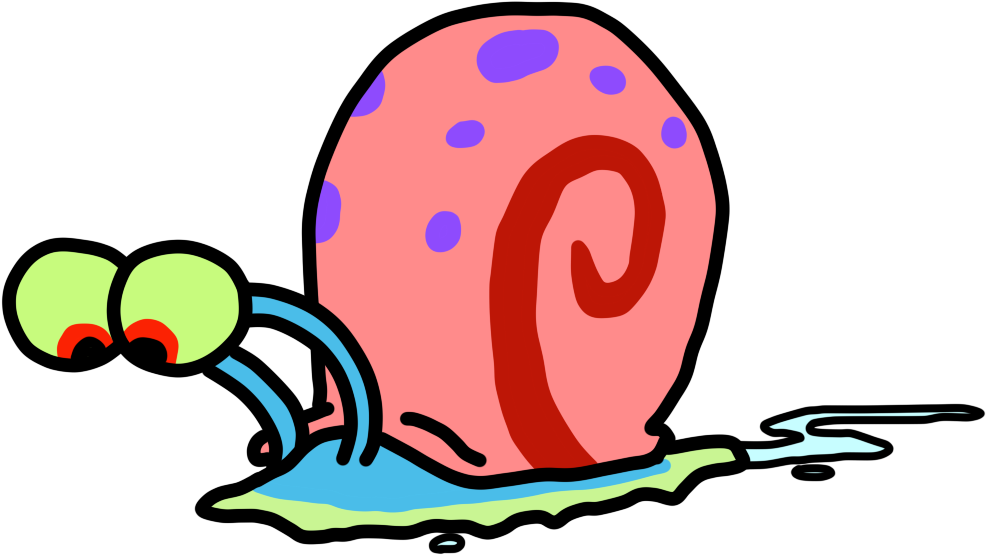I’ve seen a lot of people on here be teased for difficulty expressing themselves. Either people complain “you’re using big person words to describe mundane things” when they’re aiming for precision or “woah, we don’t need that damn wall of text” when they’re aiming for clarity. It’s like people just want to complain.
A if I know the vocabulary. B if I don’t.
Its all about the audience.
I’m definitely in support of A, regardless. I only know complex words from having seen them used correctly in the wild; how could anyone be expected to learn them otherwise?
The ability to find an approximate definition of a new word using context - and slowly whittle it down to the actual definition over subsequent encounters - is invaluable for gaining better language comprehension.
There are many quotes that describe this phenomenon:
“Not that the story need be long, but it will take a long while to make it short.” – Henry David Thoreau, 1857 [1]
I picked that version because it was short. In other words, it takes time to remove superfluous text, something that takes practice. Previously I found that Xitter character limit helped hone the skill.
I have written a weekly podcast article about the hobby of amateur radio for 13 years and I’ve learnt that the better you understand a topic, the more concise you can formulate your thoughts.
Einstein put it like this: “If you can’t explain it simply, you don’t understand it well enough.” [2]
[1] Source: https://quoteinvestigator.com/2012/04/28/shorter-letter/
[2] Source: https://www.socratic-method.com/quote-meanings/albert-einstein-if-you-cant-explain-it-simply-you-dont-understand-it-well-enoughYou could have just said, “Why not both?” 😜
C: I once wrote a high school physics lab report in poetic meter, with rhymes and all.
I failed, but that’s what community college was for. No regrets!
I prefer it to be as precise as possible. Any words I don’t know, I will look up.
Exactly what I do. Plus I get to learn a new word and feel smarter
And communicate better
Long is fine, as long as it’s broken into paragraphs. I’m not gonna parse a wall of text.
A
Woah, slow down there with all that jargon! Could you put it in layman’s terms for me?
a
I think that the answer to this depends on the audience and the topic or nature of the discussion.
I prefer precise, technical language if the audience has experience in the topic. You can save a lot of time by not explaining things that the readers should, reasonably know.
I think simpler language is appropriate for a more general audience or higher level discussion.
It can be challenging to find the right balance on a forum, like this, where you don’t necessarily know who the audience is.
A: finding new words makes me happy.
I find it more difficult to read text that are short, concise, but using lots of specialized vocabulary. However, a problem about the second choice is making it simple in words, but structured in such a way that ensures both attention and comprehension.
The problem with walls of text, and a problem I also encounter in stuff I write myself, is how there’s just a wall of text. A string of lengthy paragraphs consisting of long sentences that just go on and on without providing the reader a place to pause. That is: a point in which the reader can stop, check for comprehension or just a breather.
Reading such a block of text can be tiring.
I’ve been taught to employ a variety of sentence and paragraph lengths, and try to apply them to my writing. However, this can run the risk of making the result disjointed and rambly. I am guilty of this myself. I realize that this just means I didn’t take the time to collect and organize my thoughts before typing things out. It can be as simple as thinking about what I want to say in the first place, or it can be as involved as thinking about the main point and any supporting points, and how I can lay them out such that they flow neatly in the result.
Longer texts can be improved with just a bit more care in their composition, and without it, walls of text are definitely a chore to read.
EDIT:
I should proofread before hitting
post.deleted by creator
What kind of audience are you speaking to - this sounds like a specific (or series of specific) conversation(s).
Mix
What if one isn’t possible? Which of the two would you choose?
It sounds like a strange scenario. You can write a lot of text but not make it precise?
I’d say it’s better to have it short and precise. It gives you an opportunity to study the details and learn while the long text sounds like it could be more open to interpretation and confusion
I’d rather short, concise, and precise for spoken word and longer and drawn out for written word, if I had to choose.
This varies from person to person and from context to context. So inevitably when someone online writes in one style, someone else will prefer another style and maybe even complain about it.
Just try to be tolerant of other people to a reasonable extent and whatever way you write is fine.
Someone writing a wall of text when it is not asked for or appreciated may be being insensitive to their audience. On the other hand, I’ve literally had people ask for it and then someone else steps in to complain, so definitely there are Karens who feel entitled to whinge no matter what you do. Just settle in your own mind whether you are doing the right thing, and let being correct remain your guide as to what to do.









